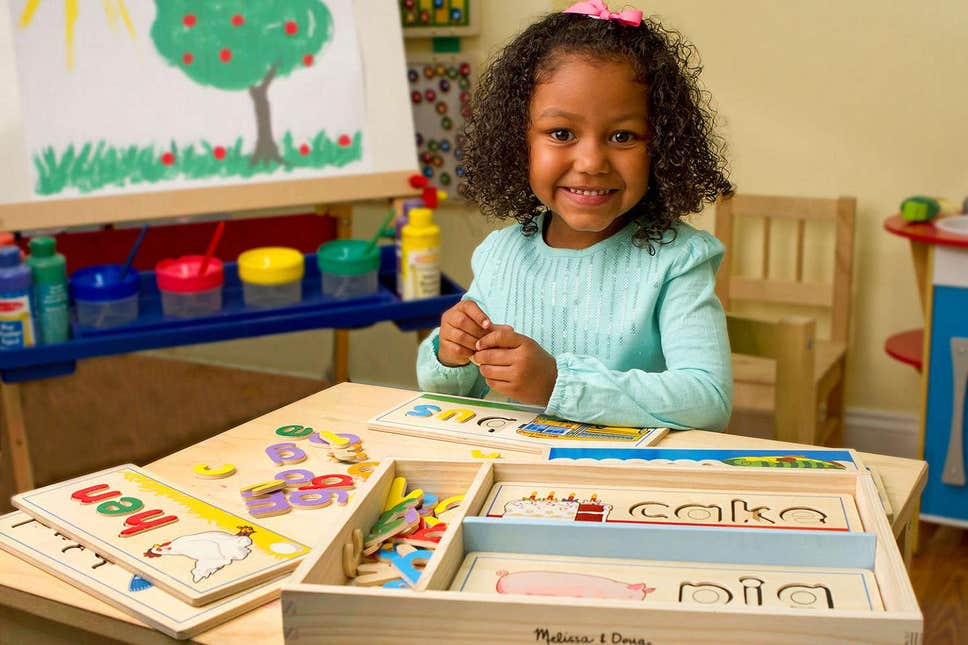
According to recent findings, children with autism are 2.4 times more likely to enter into foster care than their peers. As April 2 is World Autism Day, One Family Illinois would like to highlight the many children with autism in foster care and unpack a few of the reasons why children with autism are more likely to enter into the foster care system. As One Family Illinois continues to provide specialized care and resources for children in foster care, we are proud that we are providing a safe and secure environment for those in our Villages with autism and other special needs.
Why Children With Autism Are More Likely To End Up In Foster Care
Approximately half of children in foster care homes have a diagnosed disability. As a result, foster parenting such children without adequate knowledge and resources to care for their disabilities is extremely challenges and exhausting. In fact, children with disabilities often enter the foster care system because they have medical, emotional, and behavioral needs that their biological family is unequipped to address.
When raising a child with autism, it takes comprehensive training, education, and a solid support system. Many parents are, unfortunately, not prepared for the unique challenges of raising a child diagnosed with such special considerations. As a result, this has the potential to lead to neglect or abuse and results in the children being removed form the home and placed into the foster care system.
Additionally, many children and families in low-income households are even less likely to have access to certain resources and can grow unable to care for the needs of a child with autism. At times, parents may decide to voluntarily surrender their child into foster care as a result of their inability to provided what the child needs.
What Autism Looks Like Within Traditional Foster Care
Children with autism, even more than their peers, depend on routine and familiarity. Being put into the foster care system means a certain lack of stability, such as from being placed in a new home and changing schools frequently. Even disruptions in daily routines, such as meal times, can create an environment that feels scary or unsafe for a child with autism. A long period of time with no true stability in traditional foster care can result in increased behavioral issues and decreased mental and physical health.
Unfortunately, there is an overall absence of data on the physical and mental health of children in foster care, often resulting in a lack of specialized care for children who need it most. Autism in foster care is often overlooked and means that children are less likely to receive special education or other necessary resources within care.
Because the special needs of children entering into foster care are so often overlooked, traditional foster parents also lack the resources needed to care for these children well. This can lead to foster parent burnout and result in a child needing to be placed into a new home once again.
The One Family Illinois Difference
One Family Illinois creates a more stable environment for children in foster care, including those with autism. In our Villages, there is a greater consistency in our Foster Parents who serve an average of 5.1 years while traditional foster parents serve an average of 1 year. This leads to far fewer foster placement transfers and much greater consistency of care. Additionally, One Family Illinois provides specialized Foster Parent training that helps address individual parenting and child needs, such as managing the needs of a child on the autism spectrum.
Additionally, further consistency and stability is provided by ensuring that children remain in placements with their siblings. By keeping brothers and sisters together in one Village home, a child with autism may feel comforted by a familiar presence and the siblings of the child can rest assured that their brother or sister with special needs is receiving loving care.
One Family Illinois also aims to maintain consistency in learning. As a result of our model of care, children do not change schools as frequently as if they are in traditional foster care. This allows children to maintain regimented schedules and consistent environments. For children with autism, this means having the comfort of consistent teachers, paraprofessionals, school advisors, peer groups, and friends, thus creating an environment in which they can thrive.
Supporting Our Model of Foster Care
One Family Illinois is dedicated to providing the stability and resources needed to cater to each individual in our care. For children with autism, this means ensuring that the Foster Parent responsible for providing their care has the latest training and tools in order to ensure the child feels safe, loved, and appropriately responded to in times of crisis and difficulty. With support from friends like you, we are able to keep these tools handy and provide the best possible outcomes for children and families in need. By making a gift online today, you help us to ensure that no child is left behind in foster care, regardless of ability and special needs. Together, we are able to build a future of foster care that can better serve all children.